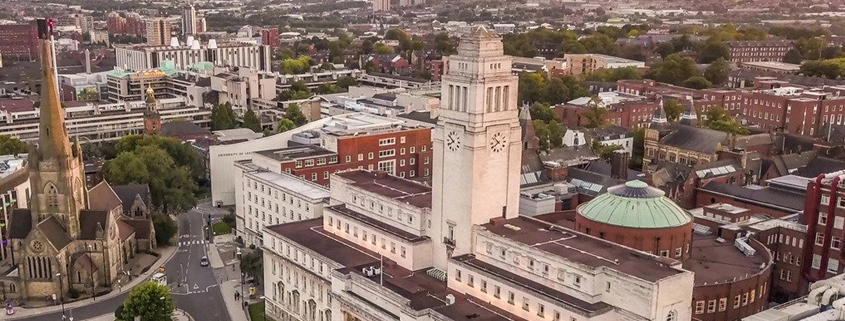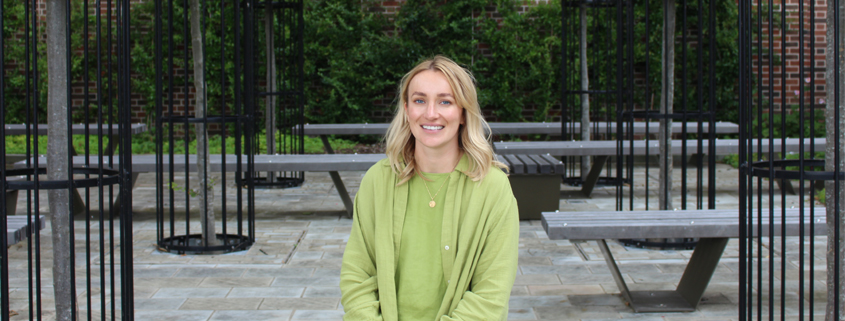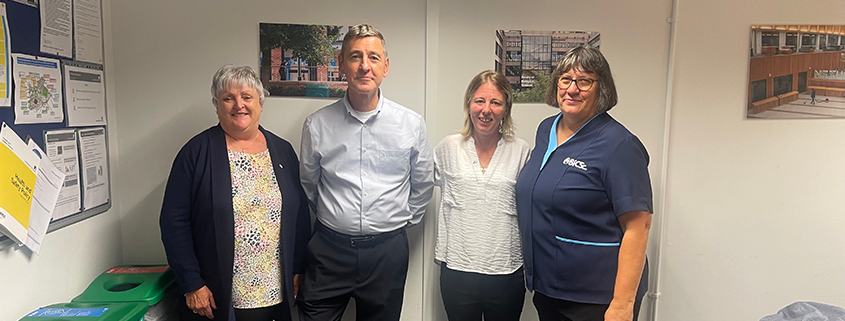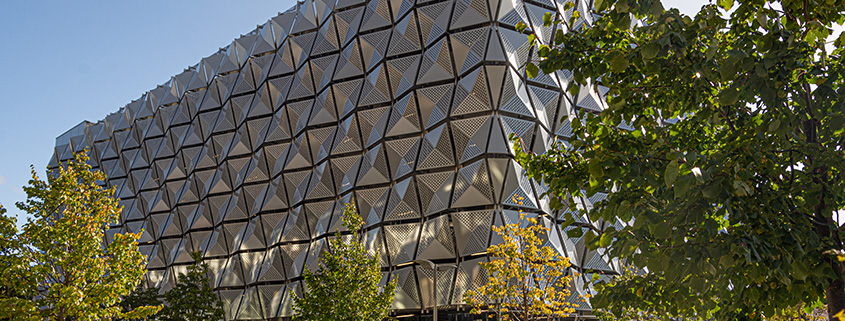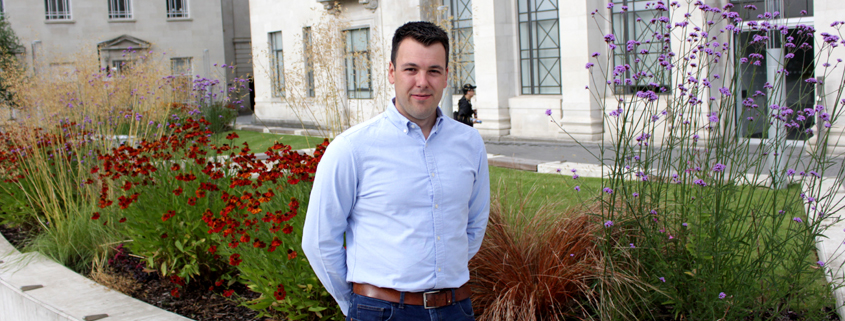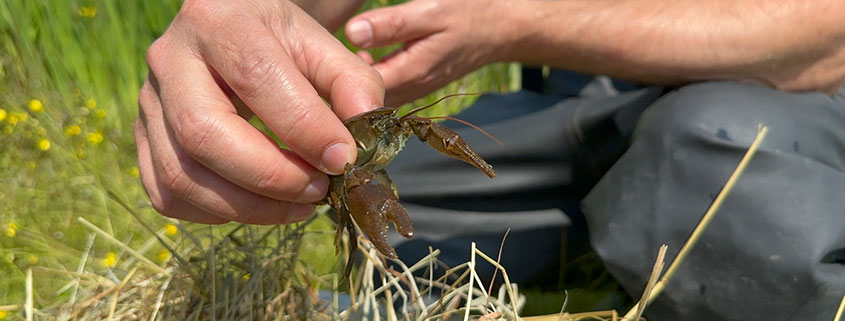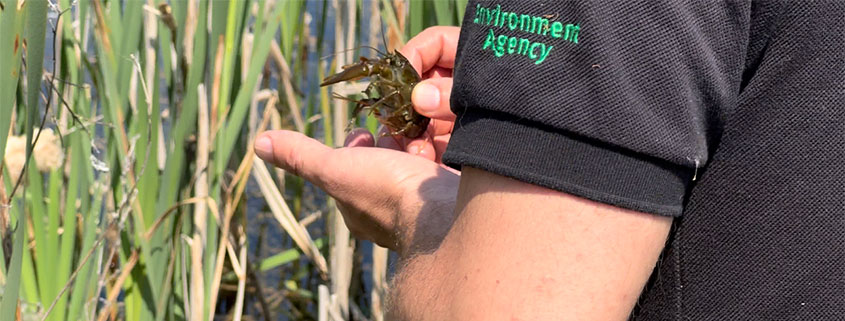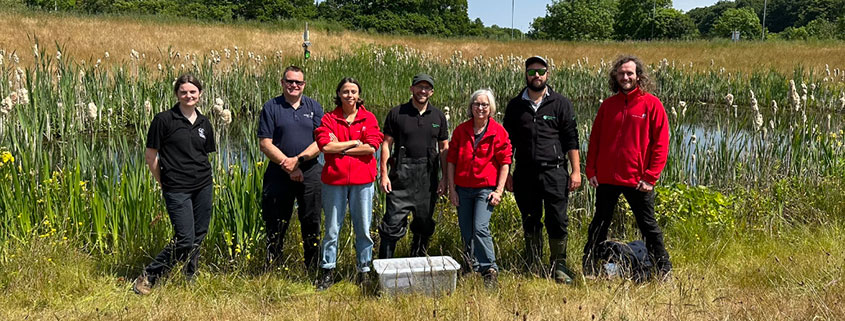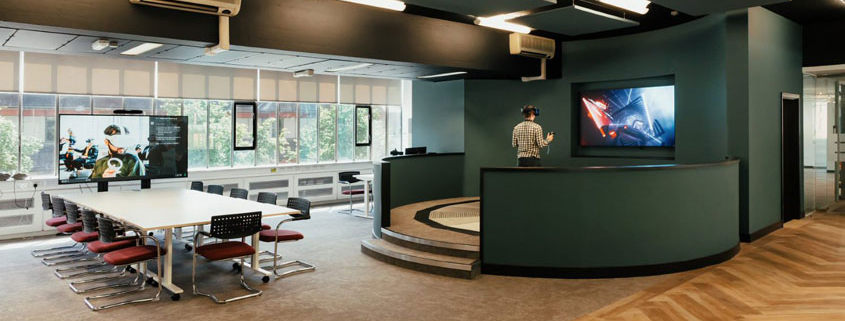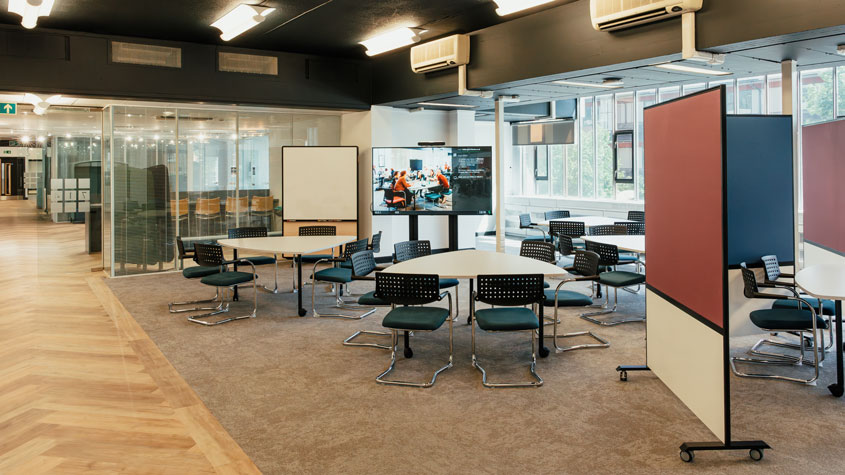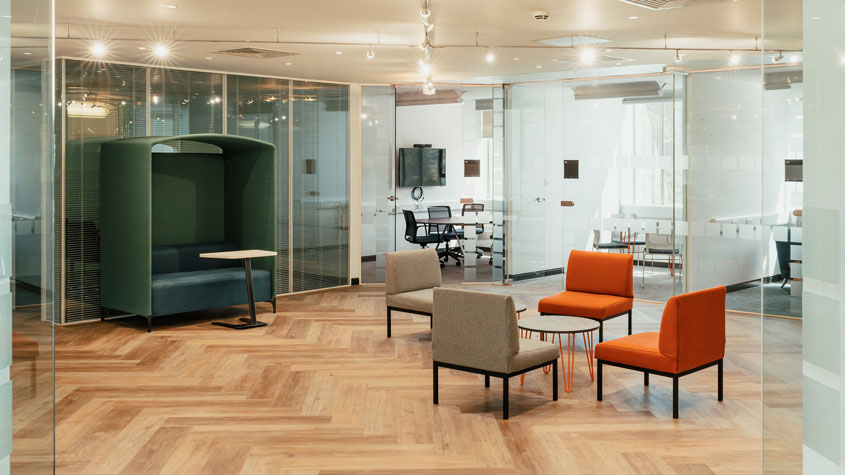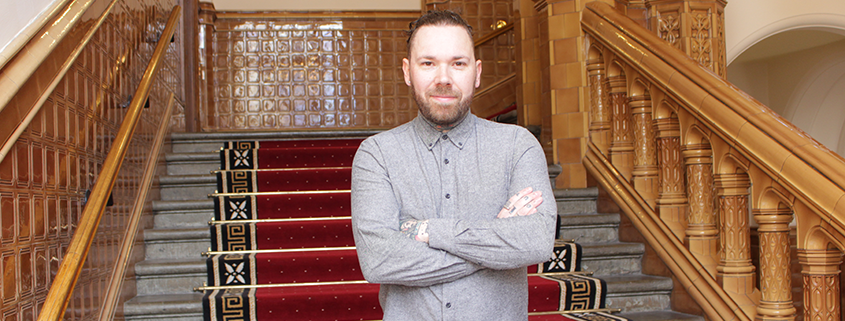Innovation in waste management helps University’s Net Zero goals
The University of Leeds is working with a new waste management provider to inform its approach to waste.
Driving down carbon emissions
New contractors Mitie will work with Cleaning Services and other teams in the Facilities Directorate (FD) to explore further waste reduction techniques, seeking to eliminate waste before it’s created and driving down carbon emissions.
Michael Longstaff, Interim Deputy Director, Estates & Facilities, said:
“We are now able to more effectively assess data and analyse the lifecycle of waste to inform interventions in our drive towards Net Zero, one of the seven principles of the University’s Climate Plan.
“Awarding a new waste contract following a tendering process is in line with the FD’s delivery of services that stay focused on the needs of our communities and on environmental and financial sustainability
“Our activity must reflect the expectations, needs and experience of students, staff and wider University communities while ensuring we operate in an efficient and sustainable way, as outlined in our business plan.”
Thom Cooper, Acting Head of Sustainability, University of Leeds said:
“What we purchase, use and dispose of at the University has big implications for sustainability. Working collaboratively with Mitie will enable us to minimise and simplify the waste we produce and therefore reduce our emissions and the resources we consume on a daily basis.
“While our emissions from waste are not included in our Net Zero 2030 target, they are an important part of Net Zero Plus – those scope three emissions that we need to eliminate to meet our target of achieving no direct emissions by 2050.
“Identifying ways to reduce or even avoid creating waste in the first place, therefore, and increasing recovery and recycling of what is left, supports the delivery our ambitious Climate Plan.”
Waste management innovation
Under the contract, Mitie will build and maintain relationships that enhance and support the operation of waste management at the University as well as manage all subcontractors, optimise the collection schedule, provide and analyse data and suggest waste management innovations.
There is also new guidance around ordering skips which can be found on the University’s purchasing website.
Visit the Cleaning Services webpage for further information.
Find out more about sustainability at the University of Leeds by visiting here.


